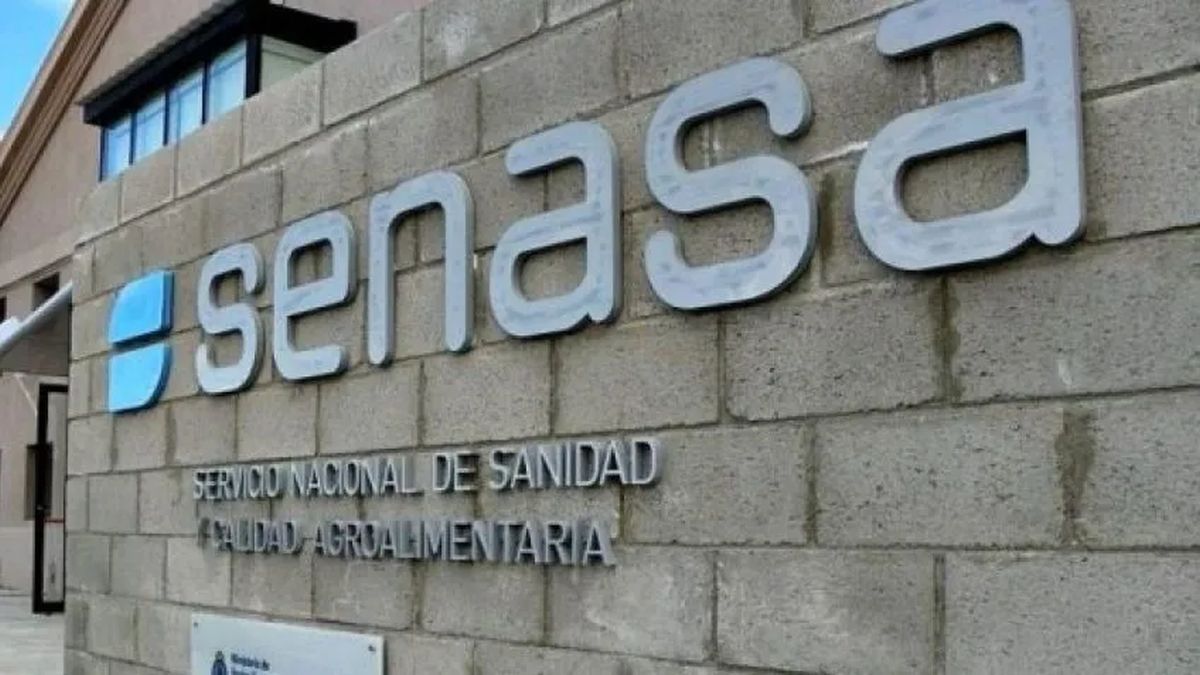With this initiative, Senasa optimizes the export process by reducing management times and eliminating associated costs.
As part of the policies of modernization and debureaucratization of the State, The National Agri-Food Health and Quality Service (Senasa) introduced technological improvements in the digitalized health certificates that are issued for the export of products and by-products of animal and fishery origin.
The content you want to access is exclusive to subscribers.
Through Resolution 1379/2024, published today in the Official Gazette, it was decided to replace the holographic signature of the Computerized Provisional Export Health Certificates for products of animal and fish origin by a QR Code that will include the data of the official certifying veterinarian.


The new modality incorporates various electronic security validation mechanisms, highlighting the use of blockchain technology to guarantee the traceability and authenticity of the certificates.
Furthermore, the use of the Unique Electronic Validation Codes (CUVE) and barcodes, adding the electronic signature in QR format, generated by the official veterinarians responsible for issuing the certificates. This combination of advanced tools ensures inalterability of the documentation and allows its validation in real time.
With this initiative, the Senasa optimizes the export process by reducing management times and eliminate associated costs, such as printing and transferring paper documents. Likewise, the risks of losing physical certificates are reduced, benefiting all actors in the export chain.
The incorporation of digital certificates with advanced security measures marks a significant progress in the modernization of administrative proceduresaligning with international standards and strengthening the efficiency and security of Argentine agricultural trade.
Source: Ambito




